
Getting started with educational research
Getting started with educational research is a short introduction to the research process and offers help with questions and methods.
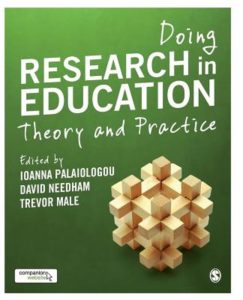
Book review: Doing research in education – Theory and practice
This review is about the book "Doing research in education". A fabulous resource and introduction to doing research in education.

How to flip, so it’s not a flop
This post provides some guidance on how to organise your lesson to flip successfully, as to flip cannot be done thoughtlessly.
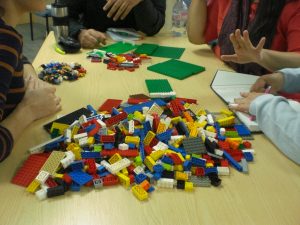
Using creative methods to reflect
Producing reflections can be a creative process if we allow for more creative methods, such as Lego models.
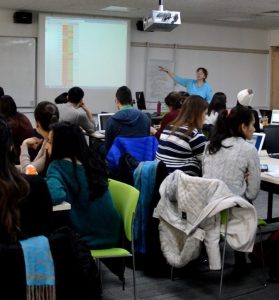
Using audience response systems for teaching
In my experience using audience response systems in secondary or higher education can improve participation and engagement amongst learners.
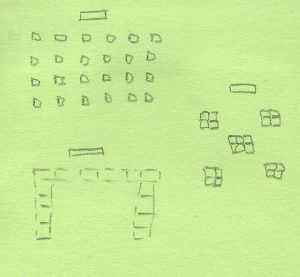
Classroom management
The classroom is a place where learning happens and should be encouraged, therefore classroom management relates to the strategies a teacher can use to organise students' learning. According to Garrett (2015) classroom management can be considered in five categories: behavioural management and discipline, the layout of a classroom, rules and routines, the relevance of relationships and the importance of instruction. Good classroom management is proactive and about the students' learning.
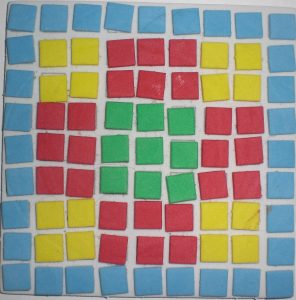
The Mosaic approach according to Clark and Moss
Alison Clark and Peter Moss developed their own way of carrying out research with children – the Mosaic approach. The idea behind the Mosaic approach is that researchers collect data through a wide range of means. These are what Clark and Moss consider "individual tiles". It is then the researcher's task to put these individual pieces together to form one big picture, just like many little tiles are formed into one big mosaic.

Epistemology
Methodology and methods are only part of the story of choosing a research framework. The way you go about collecting and interpreting data is strongly influenced by how you interpret knowledge and truth. This is about the epistemology. In simple terms, epistemology is the theory of knowledge and deals with how knowledge is gathered and from which sources. In research terms your view of the world and of knowledge strongly influences your interpretation of data and therefore your philosophical standpoint should be made clear from the beginning.
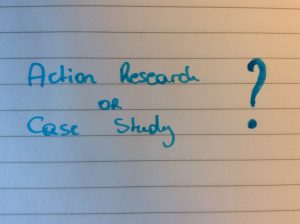
Action research or case study?
When planning for a practice-based enquiry or small-scale study you will most often be confronted with the choice between an action research or case study approach. Here is a simplified exploration to get you started.
Methodology and methods – what are they?
When preparing a practice-based enquiry or research you will need to ask yourself how you will answer your research question or test your hypothesis. The methodology and methods section of a proposal or write-up lays out these ground rules and approaches you take.